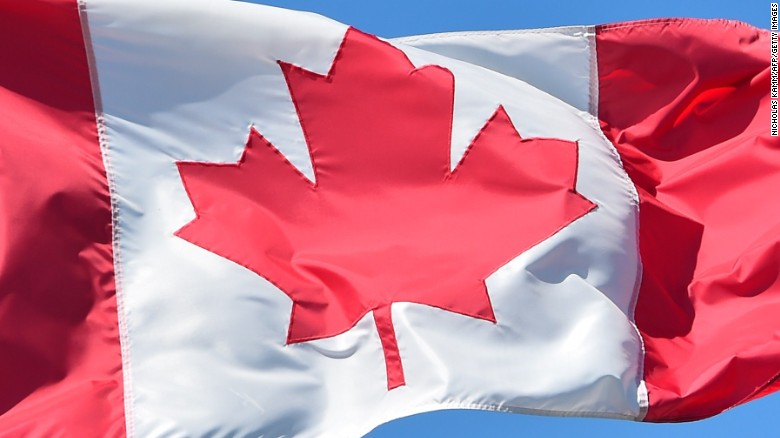

1. commemorate (v.)
to remember officially and give respect to a great person or event, especially by a public ceremony or by making a statue or special building
2. province (n.)
an area that is governed as part of a country or an empire
3. hand sth over (phr.)
to give something to someone else
4. territory (n.)
(an area of) land, or sometimes sea, that is considered as belonging to or connected with a particular country or person
5. minimize (v.)
to make something small on a computer screen
6. crest (n.)
a formal design that is used by a family, town, organization, etc. as the symbol that represents them
7. symmetry (n.)
the quality of having parts that match each other, especially in a way that is attractive, or similarity of shape or contents
What is Canada Day?

When is it?
July 1 is Canada Day.
How did it start?
July 1 commemorates the joining of Canada’s original three provinces (Nova Scotia, New Brunswick, and the Canada province, which is now Ontario and Quebec) as one nation in 1867.
The holiday was previously called Dominion Day, for the Dominion of Canada in the British empire.
Why is Canada’s flag a maple leaf?
The Canadian land was handed over to Britain after France lost much of it after the French and Indian War in the 1700s. The territory flew the British flag until it was agreed it needed its own flag, so the British flag was minimized to the upper left corner and a crest was added on the right side.
However, it was felt another flag was needed to better reflect the country’s self-governance. The search became more focused in the 1960s as the country approached its 100th birthday. The maple tree is common in various parts of Canada, and the leaf made for a good symbol because of its bright color and symmetry.

1. What Canada is famous for?
2. Have you ever visited Canada?
3. If you have a chance to go working holiday, which country you want to experience?
4. Your turn! Please introduce your country to your tutor!
“I like to see a man proud of the place in which he lives. I like to see a man live so that his place will be proud of him.”
Abraham Lincoln

 Pre-advanced
Pre-advanced

